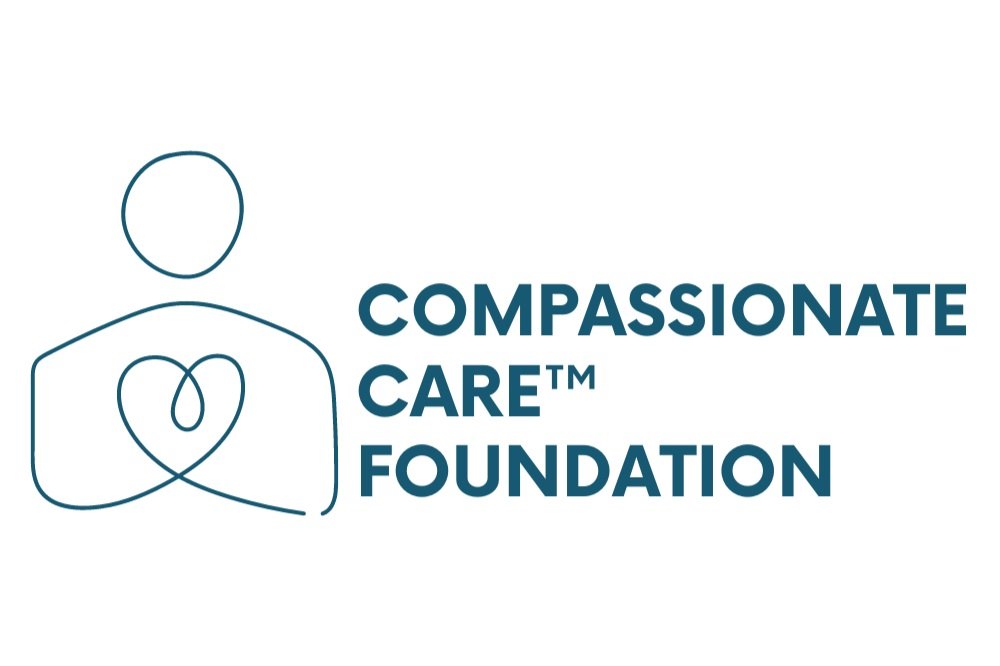Is Integrative Cancer Care for you?
Is Integrative Cancer Care for you?
There was a time when there were two very separate cancer care camps: conventional and alternative. Patients and providers were forced to choose which camp to join, missing out on potentially beneficial treatment strategies. Not anymore! Thanks to significant scientific advances made in complementary medicine and an acceptance by conventional medicine, the field of integrative cancer care has emerged. This is great news for both patients and providers.
What is integrative cancer care? According to a 2017 monograph published by the Journal of the National Cancer Institute, the comprehensive definition of integrative cancer care is:
“Integrative oncology is a patient-centered, evidence-informed field of cancer care that utilizes mind and body practices, natural products, and/or lifestyle modification from different traditions alongside conventional cancer treatments.”
The key is that treatment interventions are used together because working together is the best way to fight cancer. We’ve all heard the nautical phrase “all hands on deck!” and that’s really what integrative cancer care is all about. The monograph goes on to say that in addition to optimizing health, integrative cancer care focuses on quality of life and empowering people to reduce risk of cancer and become active participants before, during, and after their care. Integrative cancer care is not “alternative medicine,” which often involves the rejection of conventional medical treatments. Integrative medicine embraces conventional treatments and offers ways to enhance those treatments and mitigate symptoms.
Symptom relief and consumer demand are key reasons why integrative cancer care was created.3 And its popularity continues to grow considerably with surveys showing that more than 65% of cancer survivors and 45% of people in active treatment use integrative cancer care. According to various surveys, when asked if integrative cancer care improves overall well-being during and after treatment, more than 50% of the people surveyed strongly agreed, and among people diagnosed with breast cancer that number jumped to 63%.
Why is integrative cancer care so popular? Demand is being driven by improved symptom management and cancer survival.3 In other words, it works! Utilizing an integrative approach to cancer care can help with pain management, fatigue, and treatment recovery. It can also help with the mental/emotional aspects of cancer including fear, anxiety, depression, and stress. Integrative interventions include acupuncture, massage, meditation, nutritional counseling, tai chi, and yoga.3 For example, research shows that acupuncture can help with pain, fatigue, hot flashes/night sweats, and nausea.4 Physical activity, especially mindful movements like yoga, can help with pain, fatigue, sleep, brain function, nausea, anxiety/depression, hot flashes/night sweats, and weight loss.
Perhaps even more significant, research shows that integrative cancer care leads to better 5-year survival outcomes so people who utilize this approach live longer after their diagnosis and treatment compared to people who don’t use integrative cancer care. A 2021 published study featuring breast cancer patients from 103 different healthcare institutions found that the institutions that focused on integrative cancer care had a three times higher 5-year survival rate compared to those institutions that did not focus on integrative cancer care. In that study, the researchers looked at nutrition and exercise counselling, patient support groups, spiritual services, meditation, and psycho-oncology support.
If you’d like to utilize an integrative approach, search out institutions that offer these services. According to a 2019 published paper, National Cancer Institute-designated cancer centers offer the following:
Nutrition counseling 91%
Dietary supplement counseling 84%
Acupuncture 73%
Meditation 69%
Yoga 69%
Herbal medicine counseling 67%
As you can see, integrative cancer interventions are becoming more common but more needs to be done to infuse this collaborative approach into all cancer centers throughout the United States. The Compassionate Care Foundation’s Rural Integrative Care Initiative brings integrative cancer care to the Thousand Islands northern New York region, which benefits cancer patients during and after treatment. The program sponsors integrative sessions for patients, as well as offers non-toxic personal care products, community events, and educational resources.
References
1. Witt CM, Balneaves LG, Cardoso MJ, et al. A comprehensive definition for integrative oncology. JNCI Monographs.2017;2017(52). https://academic.oup.com/jncimono/article/2017/52/lgx012/4617827
2. Latte-Naor S, Mao JJ. Putting integrative oncology into practice: concepts and approaches. Journal of Oncology Practice. 2019;15(1):7-14. https://www.ncbi.nlm.nih.gov/pmc/articles/PMC6333385/
3. Latte-Naor S. Managing patient expectations: integrative, not alternative. Cancer J. 2019;25(5):307-310. https://www.ncbi.nlm.nih.gov/pmc/articles/PMC6776429/
4. Crudup T. Whole-person integrative oncology—a path to improved outcomes and patient empowerment. Open Access Government. 2023;Jan 6. https://www.openaccessgovernment.org/article/integrative-oncology-improved-outcomes-cancer-patient-empowerment/150118/
5. Mao JJ, Pillai G, Andrade C, et al. Integrative oncology: addressing the global challenges of cancer prevention and treatment. CA: A Cancer Journal for Clinicians. 2022;72(2):144-164. https://acsjournals.onlinelibrary.wiley.com/doi/full/10.3322/caac.21706
6. Crudup T, Li L, Door J, et al. Breast cancer survivorship and level of institutional involvement utilizing integrative oncology. Journal of Oncology. 2021;2021. https://www.hindawi.com/journals/jo/2021/4746712/
7. Latte-Naor S, Mao JJ. Putting Integrative Oncology Into Practice: Concepts and Approaches. J Oncol Pract.2019;15(1):7-14.
